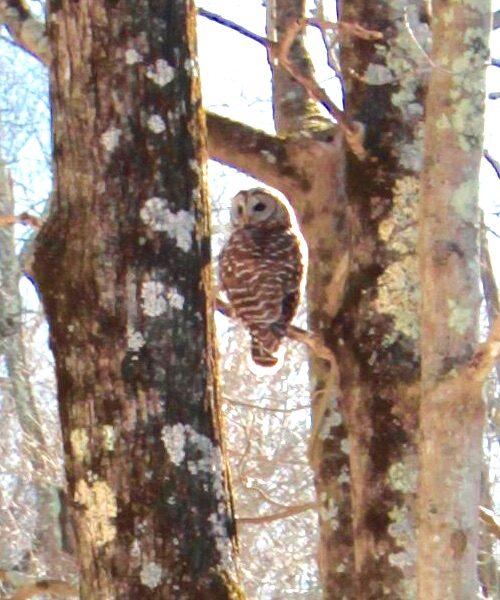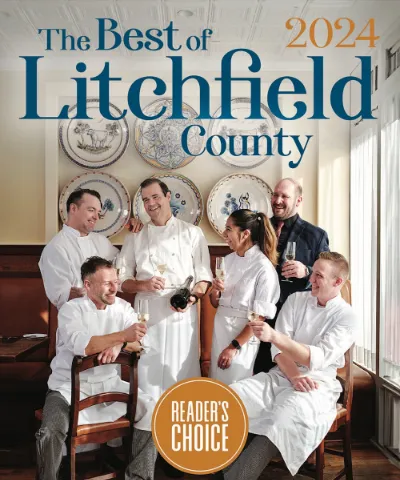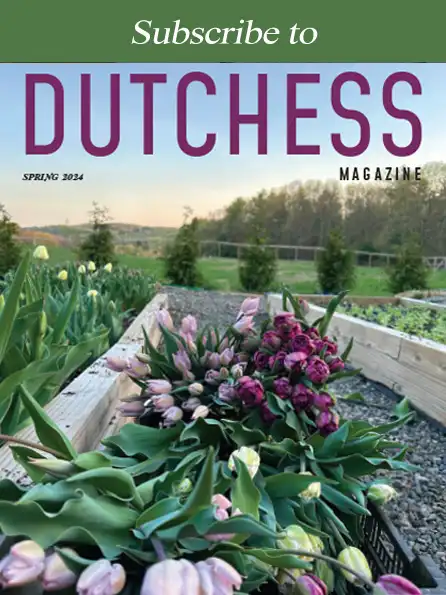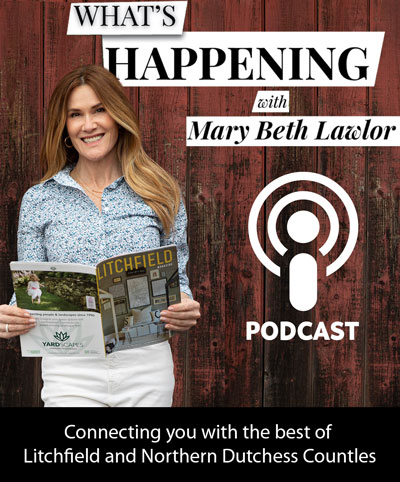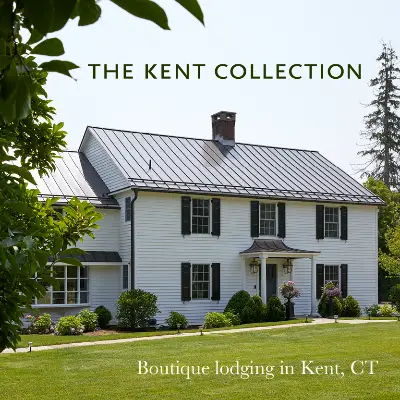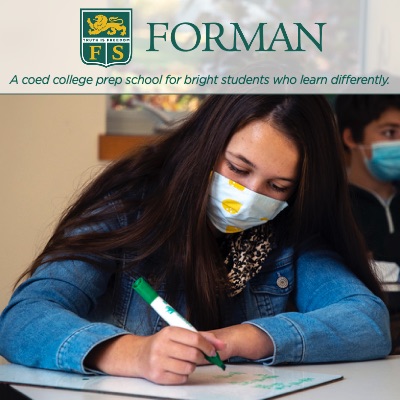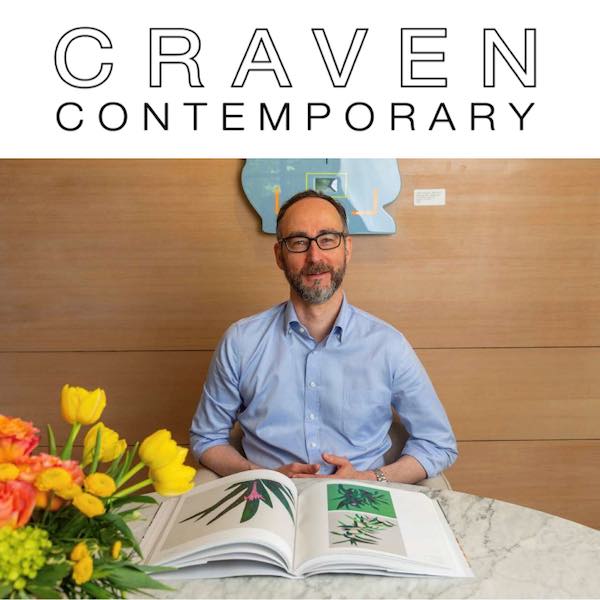This is the third of an essay series that will be published every week for as long as social distancing is necessary. All pieces are written by Litchfield County residents. If you are interested in submitting an essay for consideration please email us at [email protected].
By Kim Wheeler Valzania of New Milford, CT
Childhood, for many of us, is a “feeling” coupled with a few scattered memories – snippets of stories that usually grow blurry over time. Often, we remember more about how events, people, and places made us feel than what transpired. Land preservation holds space for that feeling, and during the crisis of Covid-19, it should be celebrated.
Toward the end of Merryall Road in New Milford, there are a few meandering bends that cradle Mayapple Hill Farm, (also known as Smyrski Farm) which is a substantial part of the Weantinoge Heritage Land Trust. I grew up in this area, and my memories of working and playing on “The Farm” as a child are both vivid and cherished. This part of New Milford, the one I remember from my youth, hasn’t changed much at all.
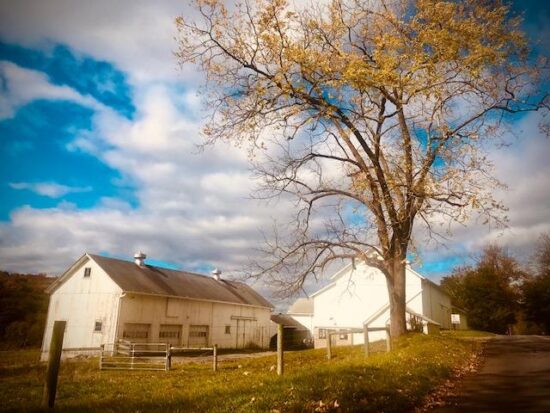
Between the stress, fear, and let’s face it, “daily grind,” of this pandemic, I’ve had one poignant thought: All is not lost if our memories remain.
I drove out to “The Farm” late one afternoon during a recent stretch of sunny, milder days because I like to be still and feel it when springtime emerges.
Stunning is a good word. Peaceful is another. Uncomplicated sums it up rather nicely. No breaking news, no press conferences. Zero new developments.
Stopping on the side of the road, I looked toward the hills in the distance, and quietly let myself breathe like the formidable, budding trees that dot the valley. I instantly recalled how the Smyrski’s would let us “run” our little dachshunds across the very field in front of me, looking more like groundhogs on a mission.
I stood there, inside the mellowness of the golden hour’s approach, pining for the more hopeful, somewhat carefree existence I enjoyed just a few short months ago, back when I was far less encumbered by worry, bouts of melancholy, and a profound sense of loss.
The barns appeared empty, desolate amid the hazy sky, yet I knew that every porous crack and nook still seeped with the echoing laughter and curiosity of my childhood. The country road seemed quiet, (as country roads do), but I could still hear the hum of my father’s motorcycle buzzing down the middle. My daddy was a straight-up badass, and when he picked me up from middle school on his bike, I felt like one too.
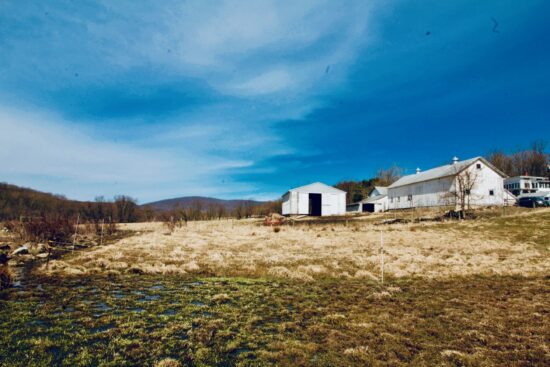
Wrapped in my windbreaker, a flood of memories came crashing through my internal levee that keeps them safe. In the spring, my father would ceremoniously put away his ice fishing gear for the season, and begin the arduous process of starting his summer vegetable garden from scratch. I’d watch as he carefully nursed his seedlings, placing them in tenderly on sundrenched windowsills throughout our house.
During this serious time in our history, a time of great pause and social distance, I recall the wide-open spaces of my childhood, one spent without the screens or affirmations I now regularly seek. I have been hoping for quite some time that the blessed feeling I carry when I find myself immersed within the raw beauty of the unchanged landscape, will somehow return.
All too often, when things change, either for us or because of us, we move on, and we forget.
I’ve lived in New Milford my whole life. Without photos, I forget what the intersection after Boardman Bridge looked like before it was re-vamped. I forget what our town center and The Green looked like before it was narrowed to create more parking. I know the corner of South Main Street included a gas station, and Lawson’s Dairy had an ice cream parlor, (my first job when I was 15). I forget what Route 7 looked like before expansion, yet the clear-cutting across from the Walmart shopping center that made room for chain restaurants and more box stores wasn’t all that long ago.
“Progress” is a word used most often for describing development but make no mistake, it’s usually the developer who progresses, not the essence, history, or culture of a small town. Many of our open spaces have been demolished. Natural flora and fauna habitats have been destroyed or rearranged, in the name of “progress” over time.
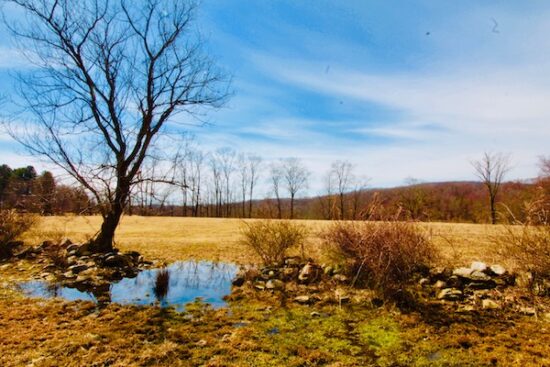
The 220-acre Smyrski Farm, bequeathed by John and Sophie Smyrski in 1988 to The Weantinoge Heritage Land Trust, will never be developed in the name of “progress.” Upon her death, Sophie Smyrski, (the last of the Smyrski Siblings), ensured that nothing could be built on, or around their family farm, which is now a premier agricultural preserve.
The parcel is now leased to Nick and Linda Pouder, of Mayapple Hill Farm. Though it is no longer a dairy farm, the property and buildings remain unaltered. The Pouder’s raise sheep, grow vegetables and make maple syrup among other ardent agricultural endeavors. The protected property includes a full meandering mile along historic Merryall Road, and the West Aspetuck River. The tranquil valley and modest mountain backdrop can only be described as “quietly impressive and undisturbed.”
COVID -19 will ultimately change us all in ways we cannot begin to process right now. Something that doesn’t have to change is our memory of special places. We can learn, going forward, to savor the unspoiled places that are surely worth protecting. A land trust does the heroic work of keeping certain places in our memory from disappearing, despite our troubled times.
We know that things will change. Things will be different. Ultimately, “death” of any kind, including seasons and our previous “way of life” might deliver a sweet and rewarding renewal of sorts, but I will declare here and now that I prefer the everlasting warmth of familiarity over the coldness of what’s unknown.
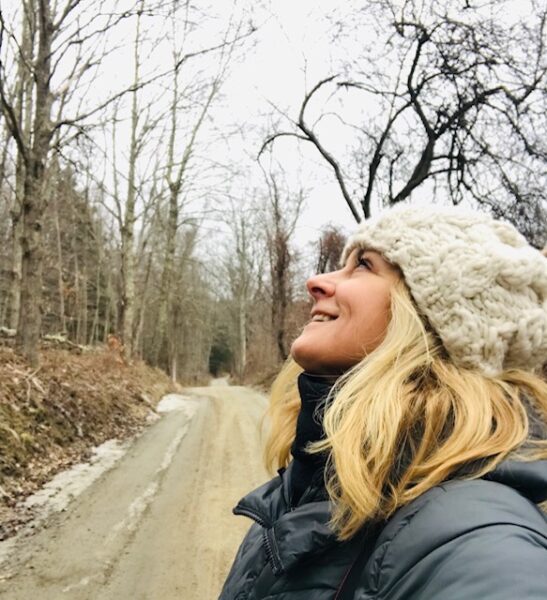
When I drive by the farm now, I don’t have to conjure a memory. The Smyrski’s foresight made sure their legacy and the beautiful green acreage that was once a working dairy farm will remain unaffected for all to enjoy. Everything is still exactly where it was and the “feel” of the place is still very much alive.
It is indeed a profound gift that the “feel” of my childhood remains intact, as well as the place itself. I’m glad I’m not the only one who gets to enjoy it. That feeling, in a nutshell, is part of what green space preservation is all about, and it’s what I love the most about living in Litchfield County. Covid-19 may change many things, but it will not change the green spaces we protect.




